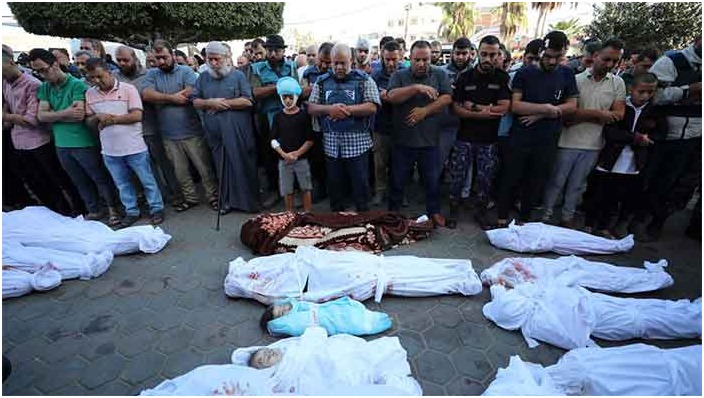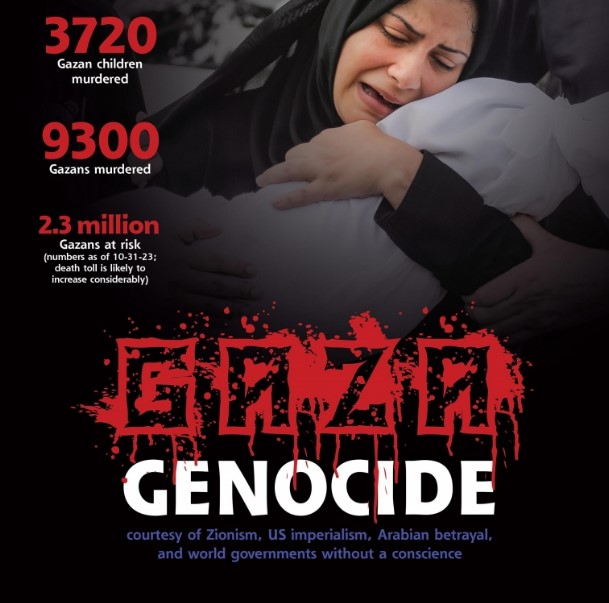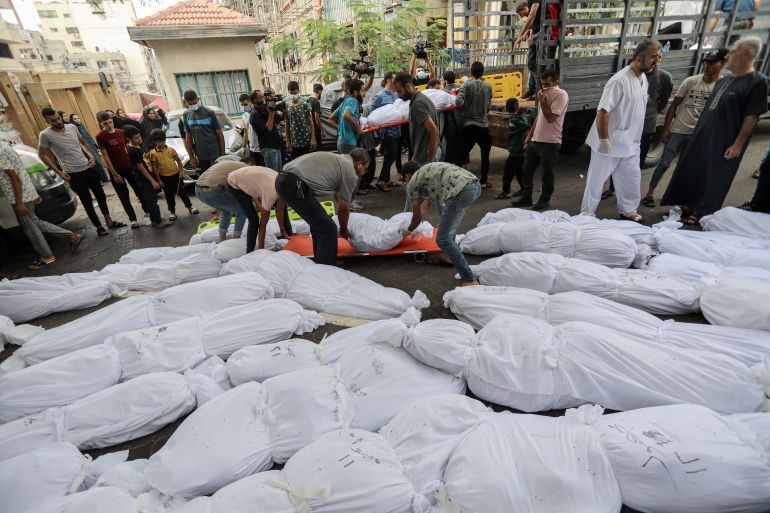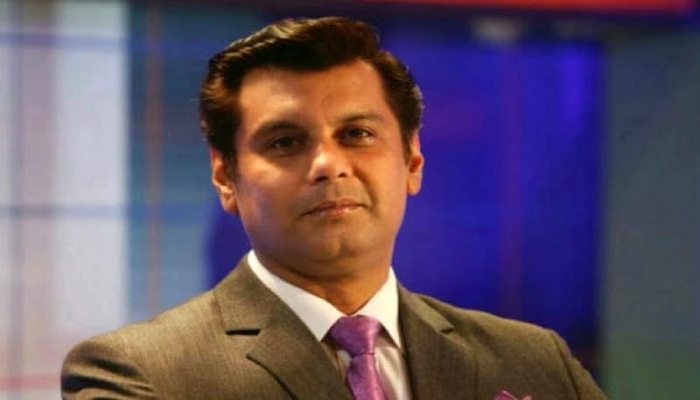Afghanistan: The War after the War
0 comments | by Anatol Lieven

Ultimately it will be the Afghans who will determine their future. If the Russians, Indians or Iranians tried to interfere they will only prolong the agony and end up burning their fingers. Lieven misses an important point in his assessment of Pakistan ---- that apart from all else Pakistan controls the all-important routes to Afghanistan. Neither the Afghans nor anyone with ambitions in Afghanistan can afford to ignore this reality.
Seen from Kabul, there are good reasons to fear that the US will negotiate some sort of deal with the Taliban and quit Afghanistan entirely. According to from
In the 1980s, the US encouraged this merger of Afghan and Pakistani Pashtun sentiment in order to strengthen support of Pakistani Pashtun for the Afghan Mujahedin. In the 2000s, this came back to haunt America, since most Pakistani Pashtun with whom I have spoken over the years regard the Taliban fight against the US and its Afghan allies in very much the same light that they regarded the Mujahedin fight against the USSR and its Afghan allies.
? The fear that if the Afghan Taliban come to full power, they will support the Pakistani Taliban and try to recreate the old Afghan dream of recovering the Pashtun irredenta—the Pashtun areas of Pakistan—but this time led by the Taliban and under the banner of jihad;
? The assumption that sooner or later the present US-backed state and army in Afghanistan will break down, most probably along ethnic lines;
If as a result of all this Pakistani strategy has often looked confused, contradictory, ambiguous, and two-faced—well, it would be, wouldn’t it?
It is important to keep in mind how much Pakistan’s rulers and the Afghan Taliban loathe each other (with the admittedly important exception of some sections of the ISI who have been fighting alongside Afghan Islamists since the early 1970s). Many Pakistanis view the Taliban (and Afghans in general) as greedy, treacherous, primitive, and fanatical savages. For the Taliban, the Pakistani state and military (and non-Pashtun Pakistanis in general) are decadent, corrupt, treacherous, brutal, and greedy oppressors. Each side regards the other as inherently unreliable. This of course also means that for all the help that they have given to the Afghan Taliban, the Pakistanis cannot simply force them to accept a peace settlement that they see as contrary to their values and interests.
From this point of view, the indications so far are decidedly mixed. Last year, colleagues and I met with some of the more pragmatically-inclined members of the Taliban, who told us that they fully recognize that the Taliban do not have enough support to return to a “government of mullahs” and rule Afghanistan unilaterally, and that they will have to share power with other forces. More recently, however, briefings by other Taliban representatives have suggested that strong elements of the organization do believe that they can win an outright victory. In this regard, it is right to be worried by the Taliban insistence on the flag and sign of the pre-2001 Emirate of Afghanistan, because it may say something very important and worrying about the organization’s real willingness to share power.





